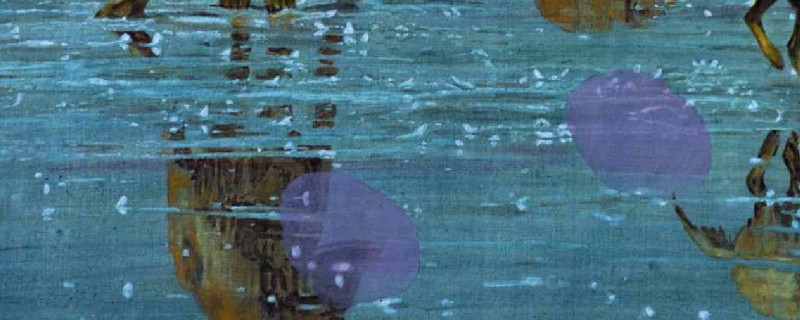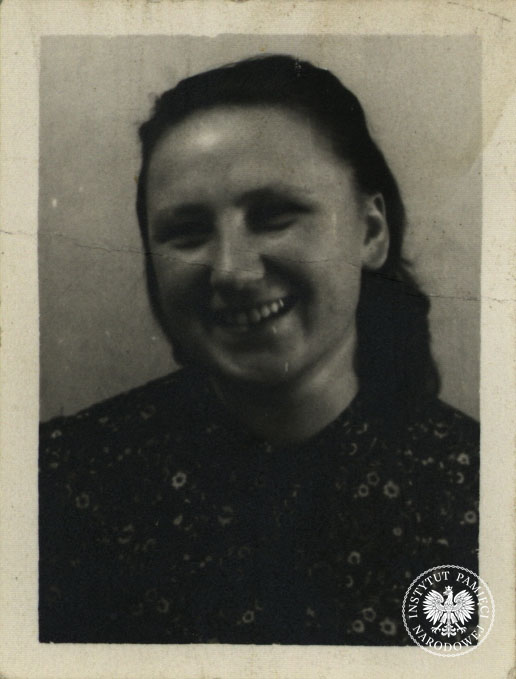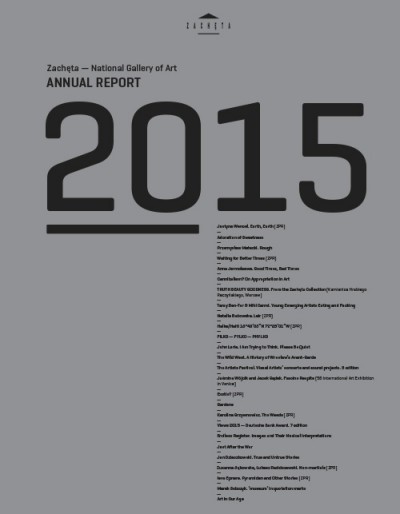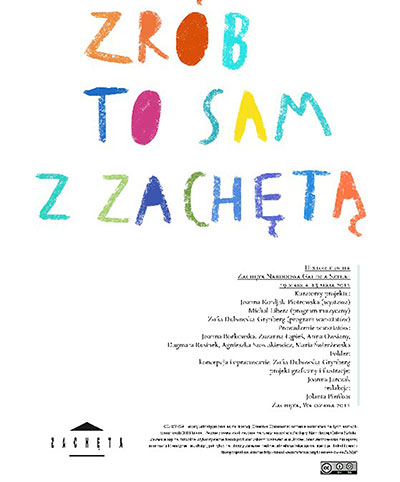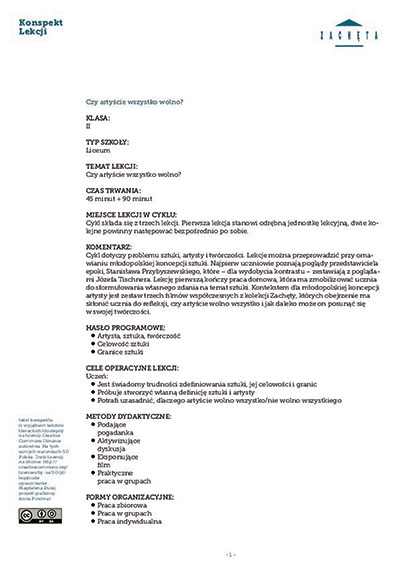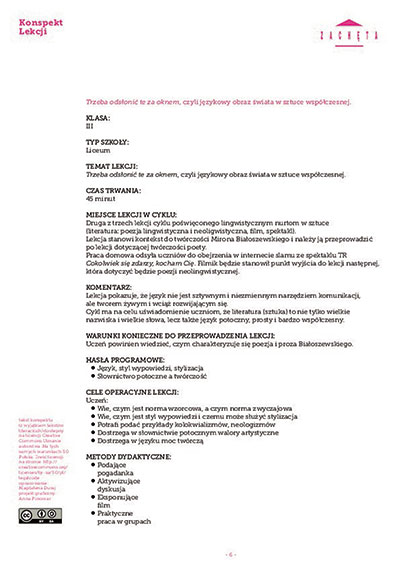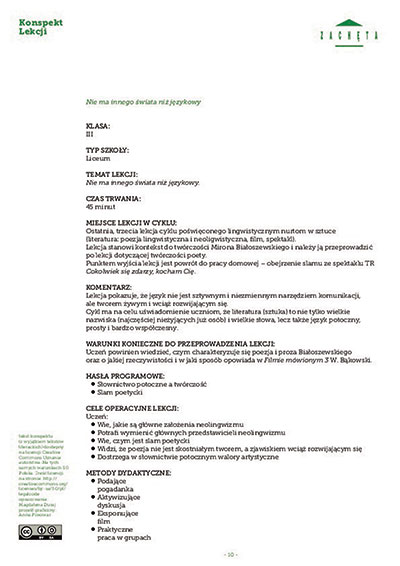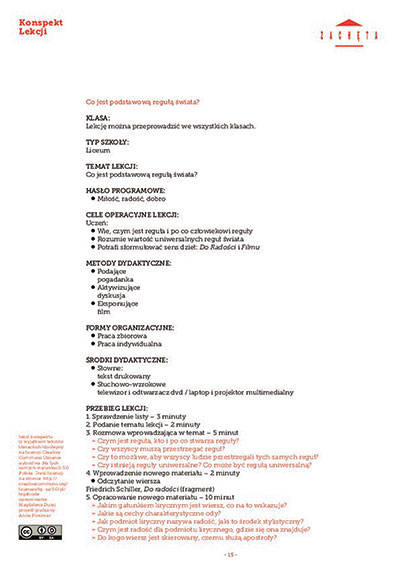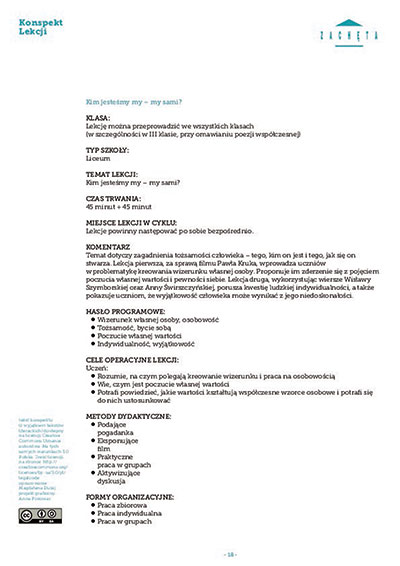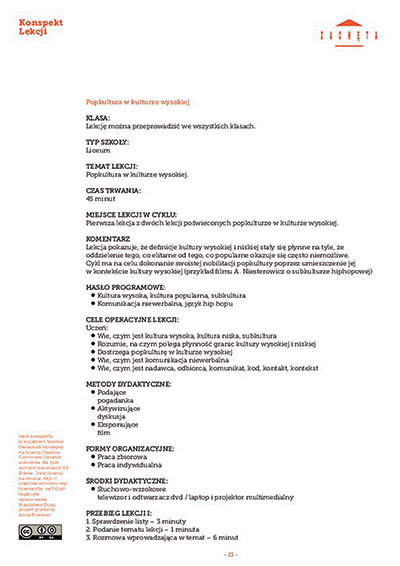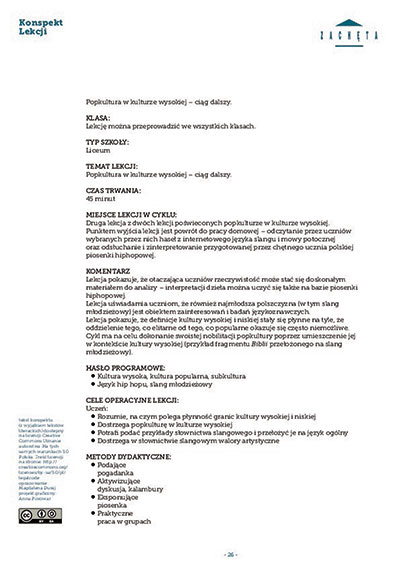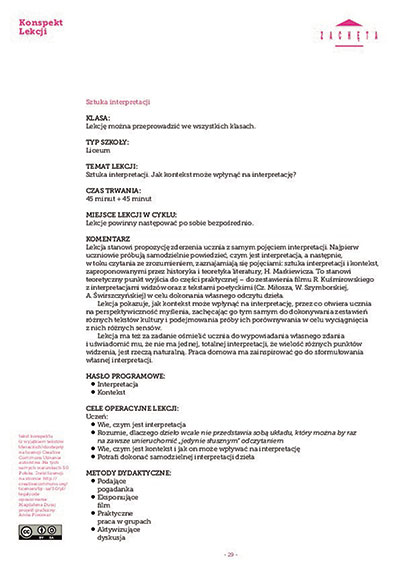Publication date: 09.05.2023
She grew up in the Olchówka forester's lodge near Narewka, in a family for whom patriotic values were extremely important, which shaped Danuta and had a decisive impact on her steadfast attitude in the future.
After the aggression of Germany and the USSR against Poland in September 1939, Olchówka was first occupied by the Soviets and then by the Germans. In February 1940, Danuta's father was deported deep into the Soviet Union, and his relatives were expelled from the family house. Her mother, in turn, got involved in underground activities of the Union of Armed Struggle - the Home Army, which was the reason for her being shot by the Germans in September 1943.
In December 1943, Danuta joined the Home Army and completed a course for nurses. She remained in the underground until 1944 - until the Germans were driven out and the Soviet army occupied Podlasie.
After the cessation of hostilities, Danuta was employed at the Narewka forestry office. In June 1945, together with other employees of the office, she was arrested by the NKVD and the Security Office (UB) on charges of collaboration with the pro-independence conspiracy. The prisoners were soon saved by soldiers of the 5th Wilno Brigade of the Home Army. Danuta joined the unit commanded by mjr. Zygmunt Szendzielarz "Łupaszka", and adopted a pseudonym "Inka". She covered the brigade's combat route in Podlasie and Pomerania, she was a liaison officer and nurse, inter alia.
On 20 July 1946, she was arrested by the Security Office and imprisoned in Gdańsk, where she underwent a tough interrogation on 3 August 1946. The Military District Court in Gdańsk sentenced her to death.
Danuta Siedzikówna "Inka" was murdered by the communists on 28 August 1946. The heroic nurse died less than a week before her 18th birthday.
For decades, the place where Danuta's body was hidden was unknown. Only in 2014, the team of prof. Krzysztof Szwagrzyk from the Institute of National Remembrance found the place in the Garrison Cemetery in Gdańsk where the communists had hidden the body of "Inka". On 28 August 2016, a solemn funeral of Danuta Siedzikówna took place at that cemetery.
"Inka" has become a symbol of faithfulness to ideals and a steadfast attitude to the very end, when - despite her young age - she was able to behave "as one should" in the fight for an independent Poland. Today, she is one of the most famous and recognisable Cursed Soldiers (Żołnierze Wyklęci).
